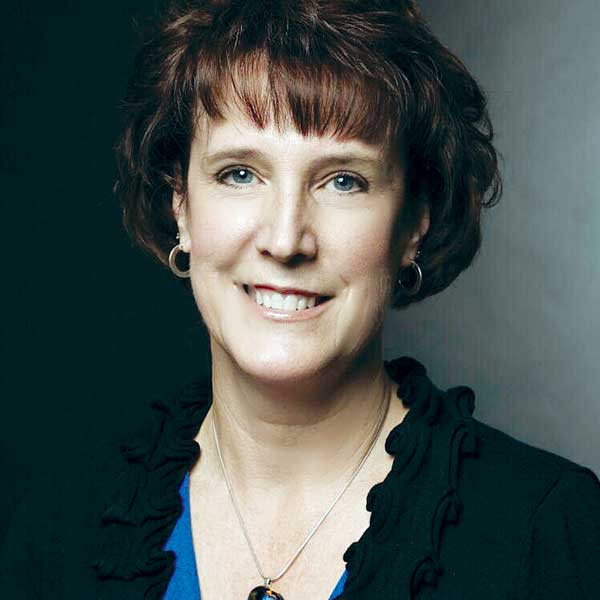
I had a loved one fall and fracture their neck in August. The fracture was missed in the first read, and several other subsequent interactions with providers. Healthcare failed my loved one in assuring that they would be properly cared for at their time of need.
When it was finally determined that they had a fractured neck, people moved fast and my loved one was transferred.
I met the ambulance at the trauma hospital — afraid, angry, and stunned that once again healthcare had failed. My loved one was admitted to the hospital and scheduled for surgery. As doctors and nurses worked to stabilize them, I walked the hallways.
At the elevator was a poster with a monster looking virus and the words, “Any employee opting out of a flu vaccination must wear a mask.” I read it and then I read it again. Everyone is wearing a mask these days. The poster was what we normally used to do, before COVID poked us in the eyes and said, “I will show you what is normal now …”
COVID has shown us the fragility of our health systems, including our supply chain. COVID has shown us the fragility of life as we know it. It also has thrown back the covers and forced us to think and act differently in how we prevent and contain infectious diseases.
I know we are longing to get back to normal, yet if we allow ourselves to pause and reflect, we will hear the faint voice saying, “normal as you knew it, is gone.” We now must figure out how to live actively and thrive in a world that has invisible pathogens wanting to disrupt our very cells.
In order to do that, we have to break the invisible rubber band in our mind that snaps us back into thinking and acting with the framework of “normal.” Let’s examine a couple actions of what normal looks like and what breakage of invisible rubber bands of the mind could make tomorrow’s normal be for us.
Hand washing: Normal has hand hygiene happening only after interactions, high-risk contact touching. Under new normal, it is just done, all of the time and is perpetual in action. Because we touch so many things without awareness. The old normal assumes consciousness of actions. The new normal assumes that actions will be unconscious and must be counterbalanced with safety measures. Think of hand hygiene like blinking: You just do it with ease of use. This will require hand sanitizer to be freely placed throughout to support behavioral changes.
Cleaning: Normal has routines and patterns with individuals going through their day in motion. New normal: There are routines and patterns but there must be a focus on the “What now?” and “Where now?” questions. The new normal does not assume that usual patterns of cleaning will be effective in living in a new era of infectious diseases. The “what and where now” questions require a change in thinking and behaviors of everyone. What and where now is like looking for clues in a mystery novel. Where are people touching that is not part of the routine daily cleaning? What is the pattern of cleaning, and is it enough? Many organizations find that they have become set in certain patterns that no longer meet the needs of the current nor future needs. Having the questions of what and where now, creates engagement in keeping the environment safe.
The other new normal is it is everyone’s job to be safe and keep it safe. We have moved past job descriptions and silo type behaviors. We all must work together to fight old behaviors that will not work against the new behaviors of infectious diseases such as COVID-19.
As one individual recently said to me, “We are the warriors, battling the invisible with every weapon we can use to be victorious.”
Battle on, warriors, battle on!
Martie L. Moore, MAOM, RN, CPHQ, has been an executive healthcare leader for more than 20 years. She has served on advisory boards for the National Pressure Ulcer Advisory Panel and the American Nurses Association, and she currently serves on the Dean’s Advisory Board at the University of Central Florida College of Nursing. She recently was honored by Saint’s Martin’s University with an honorary doctorate degree for her service and accomplishments in advancing healthcare.





